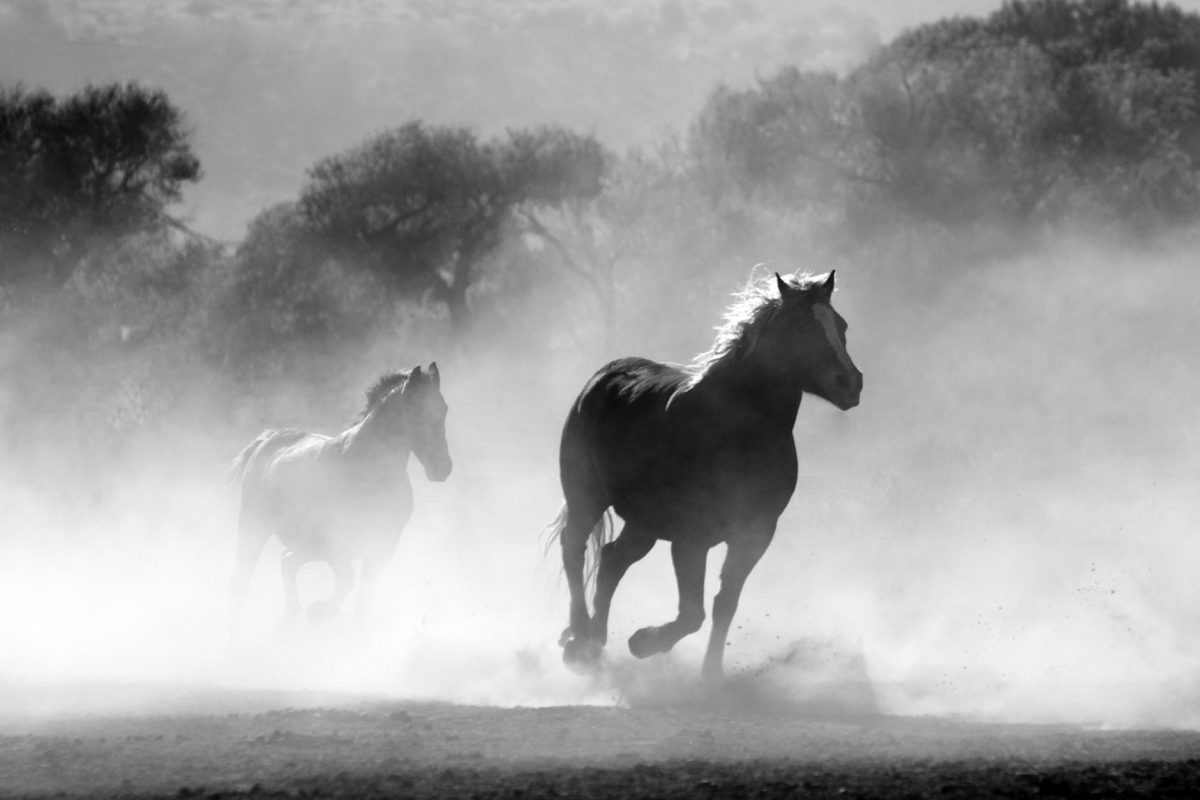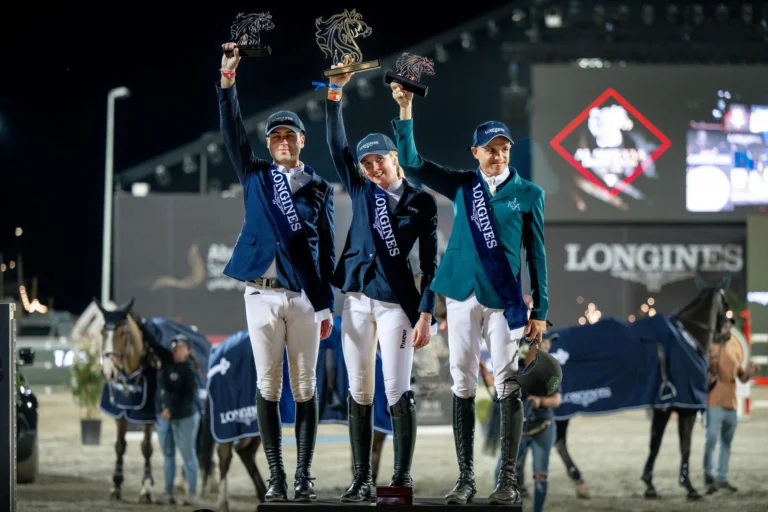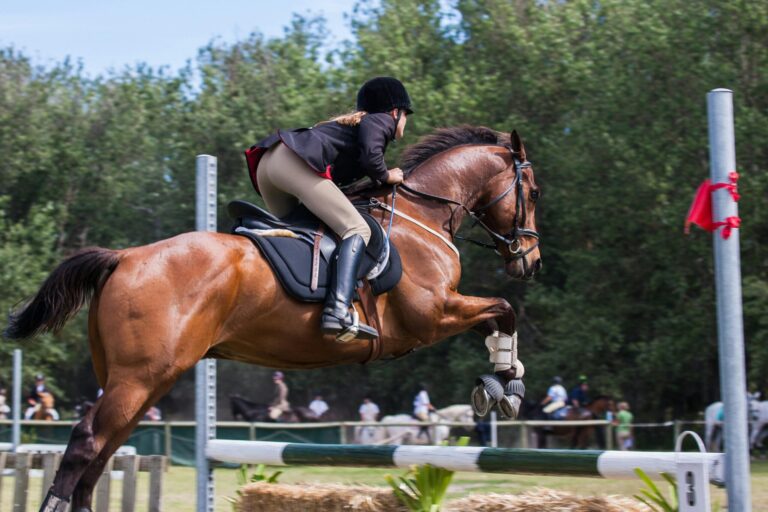On April 24th 2018, the Arnhem-Leeuwarden Court of Appeal issued two positive judgments in favor of one of Schelstraete Equine Lawyers (SEL) client from Saudi Arabia who was involved in a legal dispute with the former trainer of his horses.
The horses were trained in England. In July 2014, the trainer moved the horses to the Netherlands without the knowledge of the client. In the Netherlands, the trainer kept the horses hidden from the client and threatened to sell the horses if a monetary claim claimed by him from the client’s father, who had contracted the trainer to exercise and to compete his son’s horses, would not be met.
In this regard, the trainer sought to invoke a right of retention. The right of retention is the power of a creditor, in cases specified by law, to suspend the fulfillment of an obligation, such as handing over property to his debtor, until the claim is fulfilled. A special feature of the case at hand was that the client was not the debtor of the trainers claim but a third party was.
The Court of Appeal ruled on the 24th of April 2018 that the trainer has no right of retention on the horses of the client. What was highly relevant in this decision was that the Court of Appeal was of the opinion that it had not been established that the trainer had transported the horses to The Netherlands to compete them. According to the Court there was no (or no longer a) legitimate possession of the horses by the trainer and that the trainer had unlawfully infringed the rights of the client by taking the horses with him out of England to the Netherlands without the knowledge of the client. The judgment given by the Court has been published on www.rechtspraak.nl: ECLI: NL: GHARL: 2018: 3878.
Read the long version of the article here
Saudi Client Of Schelstraete Equine Lawyers Achieves Success in Appeal
On April 24th 2018, the Arnhem-Leeuwarden Court of Appeal issued two positive judgments in favor of one of Schelstraete Equine Lawyers (SEL) client from Saudi Arabia who was involved in a legal dispute with the former trainer of his horses.
The horses were trained in England. In July 2014, the trainer moved the horses to the Netherlands without the knowledge of the client. In the Netherlands, the trainer kept the horses hidden from the client and threatened to sell the horses if a monetary claim claimed by him from the client’s father, who had contracted the trainer to exercise and to compete his son’s horses, would not be met.
In this regard, the trainer sought to invoke a right of retention. The right of retention is the power of a creditor, in cases specified by law, to suspend the fulfillment of an obligation, such as handing over property to his debtor, until the claim is fulfilled. A special feature of the case at hand was that the client was not the debtor of the trainers claim but a third party was.
Already in October 2014, the client succeeded in enforcing a summary judgment order which led to the trainer having to stable the horses with an independent third party and keep them there pending the outcome of the main procedure. The judgment rendered is published on www.rechtspraak.nl: ECLI: NL: RBOVE: 2014: 5201.
In the main proceedings, the Court ruled in November 2015 that the trainer had a right of retention on the horses and that he only had to hand over the horses to the client after a certain amount had been paid to him. However, the client was not ordered to pay this amount. The fact that the trainer did not obtain a conviction against the client was also confirmed by the Court in June 2017. The judgment given by the District Court and the judgment rendered by the Court of Appeal are published on www.rechtspraak.nl: ECLI: NL: RBOVE: 2015: 5457 and ECLI: NL: GHARL: 2017: 4977.
Both the client and the trainer appealed against the judgment given by the District Court. The Court of Appeal ruled on the 24th of April 2018 that the trainer has no right of retention on the horses of the client. What was highly relevant in this decision was that the Court of Appeal was of the opinion that it had not been established that the trainer had transported the horses to The Netherlands to compete them. According to the Court of Appeal there was no (or no longer a) legitimate possession of the horses by the trainer and that the trainer had unlawfully infringed the rights of the client by taking the horses with him out of England to the Netherlands without the knowledge of the client. The judgment given by the Court has been published on www.rechtspraak.nl: ECLI: NL: GHARL: 2018: 3878.
Separately to the proceedings on the merits before the lower Court and the subsequent appeal, the client sought the release of his horses in summary proceedings. In summary proceedings, the judge decided in February 2017, which later turned out to be wrong, that the trainer in the verdict of the lower Court in November 2015 had obtained a conviction to the detriment of the client and that the trainer only had to release the horses after the client had paid a fixed amount. The client was also requested to provide a bank guarantee for a certain amount to insure another monetary claim brought forward by the trainer regarding a horse that did not belong to the client but which belonged to the trainer and was also placed with the independent third party together with the clients horses following the judgment given in October 2014 and subsequently became lame. The judgment rendered by the summary judge is published on www.rechtspraak.nl: ECLI: NL: RBOBR: 2017: 838.
The client and the trainer also went in appeal against this judgment. On April 24th 2018, in line with the judgment that the trainer has no right of retention on the horses of the client, the Court released three of the four horses. The fourth horse shall be delivered to the client after the client has provided a bank guarantee for a certain amount to insure the monetary claim declared by the trainer for the lame horse. With regard to this horse, the Court also ruled on April 24th 2018, that this horse belongs to the trainer and instructed the trainer to prove, among other things, that this horse after and as a result of the handing over of the horse to the third party on the grounds of the judgment of October 2nd 2014 became lame. The procedure is therefore still ongoing at this point. The judgment given by the Court has been published on www.rechtspraak.nl: ECLI: NL: GHARL: 2018: 3893.
The client was assisted by Mr. L.M. Schelstraete and Mr. V. Zitman


